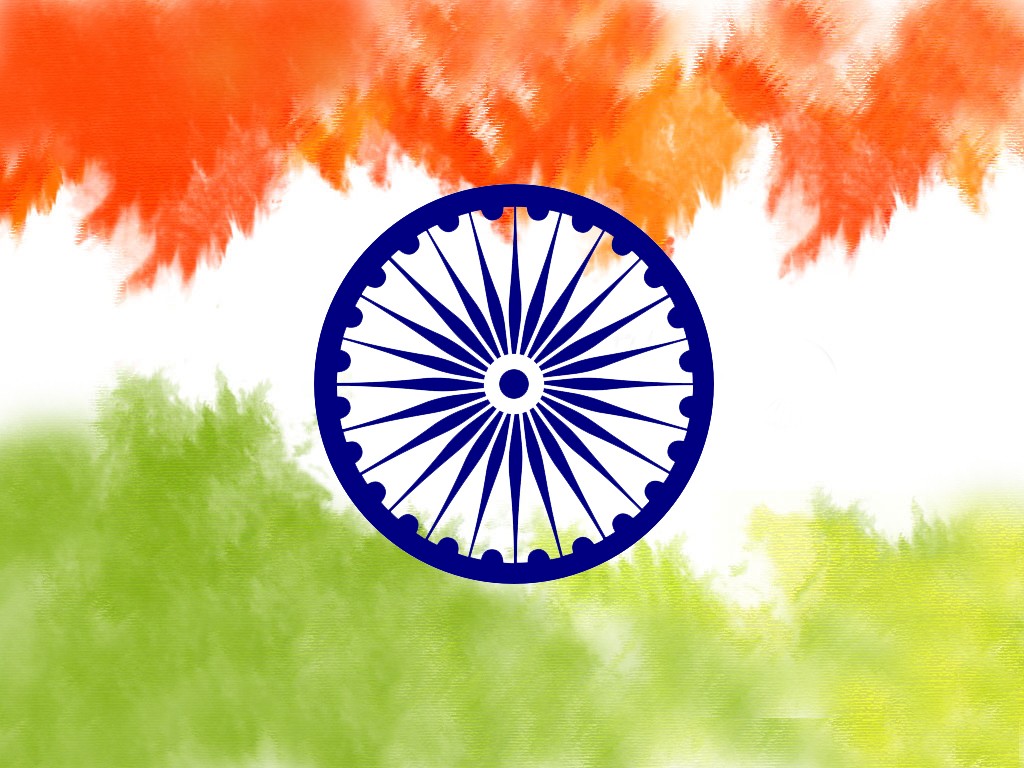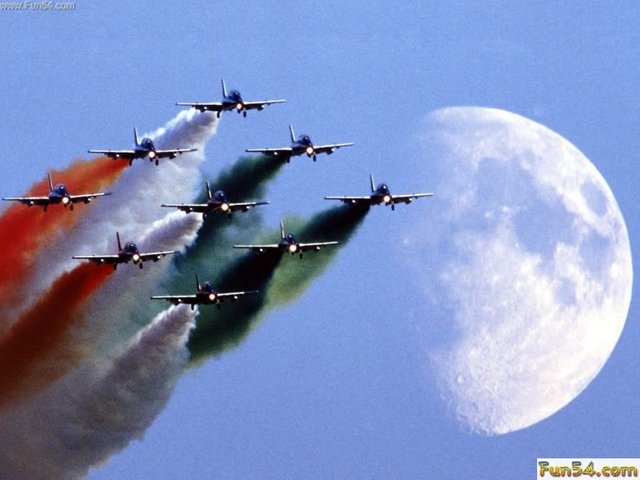National Flag of India
Title: Tricolor/Tiranga
Hues: Saffron, White and Green; Navy Blue in the Askoka Chakra
Measurement proportion: 2:3
Material: Khadi Cotton or Silk
Embraced on: July 22, 1947
Planned by: Pingali Venkayya
Made by: Khadi Development and Village Industries Commission

Picture Credit:
Mahatma Gandhi stated, 'A banner is a need for all countries. Millions have passed on for it. It is no uncertainty a sort of excessive admiration which would be a wrongdoing to decimate. For, a banner speaks to an Ideal.' The national banner is the standard that confers a country its own extraordinary personality, declares to universe of its power, and reports the standards on which lies the nation's establishment.
The National banner of India is rectangular fit as a fiddle and comprises of three hues – saffron, white and green. The present type of the banner was embraced by the Constituent Assembly of India on 22 July, 1947 - 24 days before the formal assertion of Independence.
Outline
The rectangular tricolor banner comprises of three equivalent even fragments, with saffron to finish everything, white in the center and green at the base. At the focal point of the white stripe is a delineation of Ashok Chakra in naval force blue. It is round empty haggle 24 spokes transmitting from the inside. The RGB esteems for alluding to the shades of the Indian National banner are India saffron #FF9933, white #FFFFFF, India green #138808, and naval force blue #000080. The measurement of the banner ought to be of 2:3 proportion, i.e. the length ought to be 1.5 times the expansiveness. The banner is to be produced using Khadi, hand-woven cotton or silk, following the assembling conventions laid out by the Bureau of Indian Standards (BIS). The Khadi Development and Village Industries Commission hold the privilege to produce the Indian National banner and starting at 2009, the duty lies with the Karnataka Khadi Gramodyoga Samyukta Sangha.
